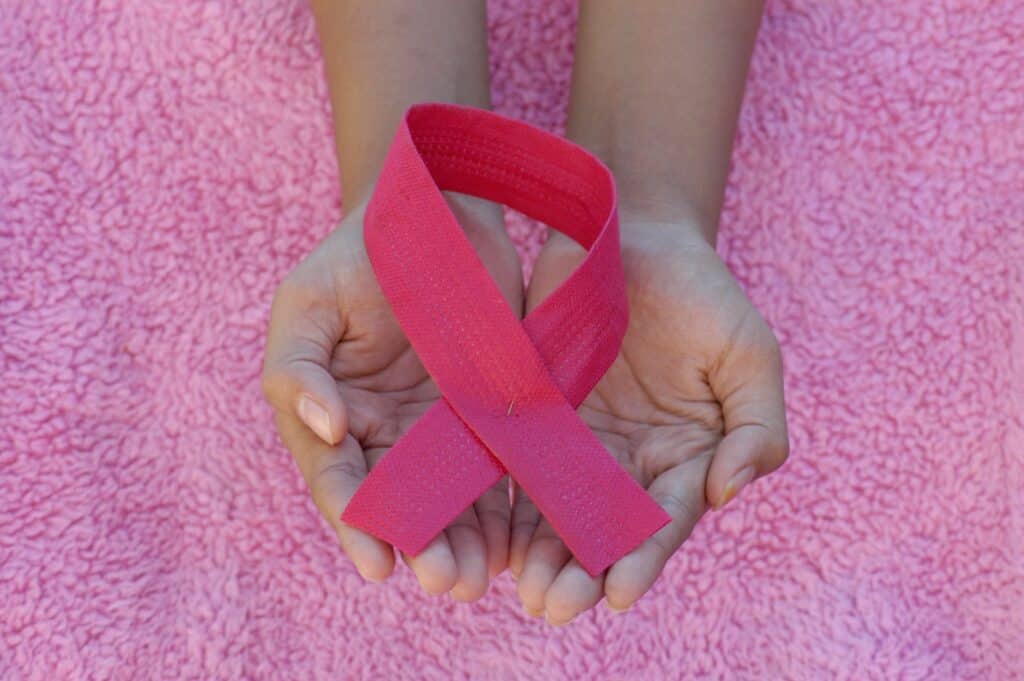The cervix is the lower part of the uterus that connects to the vagina. 1 in 142 women will be diagnosed with cervical cancer in their lifetime, yet many people are unaware of the symptoms.
Dr Rupa Parmar, GP and Medical Director of Midland Health, is sharing the common symptoms that are overlooked and the importance of screening and knowing the signs of cervical cancer.
Vaginal Bleeding
Any bleeding that’s not usual for you, including bleeding during sex, spotting during periods, or after menopause, can be a sign of cervical cancer. Heavy flow during your period or a cycle that lasts longer than usual can also be a worrying sign that something is wrong.
Discharge
Changes in vaginal discharge may be a sign that something is wrong with your cervix. An increased amount, odd smell, abnormal colour, or blood may occur if the cancer has already affected surrounding tissues.
Pain During Sex
Vaginal dryness, infection, and skin conditions can all be causes of pain during sex. But if you don’t usually experience pain and have just started, this could be a symptom of cervical cancer as the tumour grows and affects surrounding tissues.
Recurrent UTIs
Having three or more urinary tract infections (UTIs) within a year can be a sign of an underlying condition, like cervical cancer. Recurrent UTIs are not a direct cause, but they can be a symptom if the cancer has already progressed and blocked the urinary tract.
Pelvic Pain
Severe and persistent lower back or pelvic pain with no clear cause can be a sign of cervical cancer, especially when in conjunction with other symptoms. As the cancer progresses, the pain will worsen, and the pain may also worsen with sex, urination, or bowel movements.
Unexplained Weight Loss
Cancer cells cause the body to be unable to absorb fats, proteins, and carbs from food. Calories are then burned faster, leading to weight loss. Weight loss with no apparent cause is generally the most noticeable sign of cancer, and one to check immediately.
Dr Rupa Parmar said, “It’s important to talk to your GP if you’re experiencing any of the symptoms of cervical cancer. Cervical cancer is caused mainly by HPV infections. You can get HPV from contact with the genital areas, sex, or toys. Certain risk factors also make people more likely to get it, including a weakened immune system, being a smoker, having had cancer in the past, and taking the contraceptive pill for over five years.
“To lower the risk of cervical cancer, using condoms, quitting smoking, HPV vaccinations and cervical screenings are all recommended. Screenings look for cervical abnormalities to detect cancer. As with any cancer, early detection and treatment are key for the highest chances of remission. However, only 68.8% of eligible people invited to a cervical screening last year were adequately screened.
“I encourage people to be proactive and attend appointments and screenings. It’s always better to be safe than sorry when it comes to your health. It’s also vitally important to understand your body and what is normal for you, as this can help you easily identify if something is wrong, especially with cancer symptoms.”

